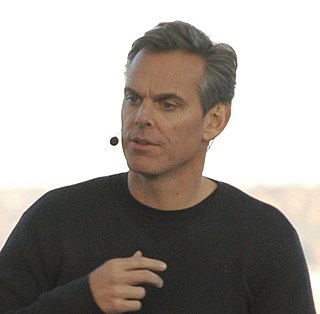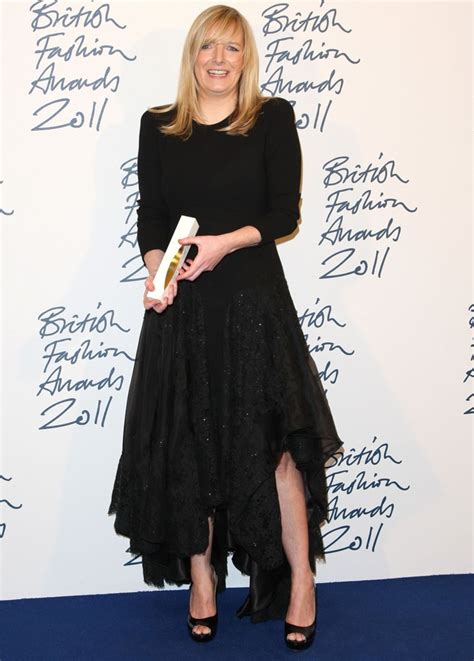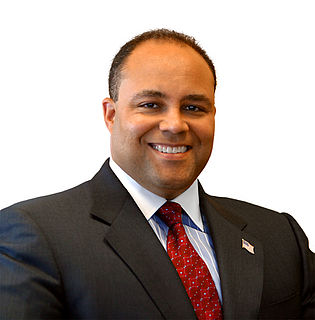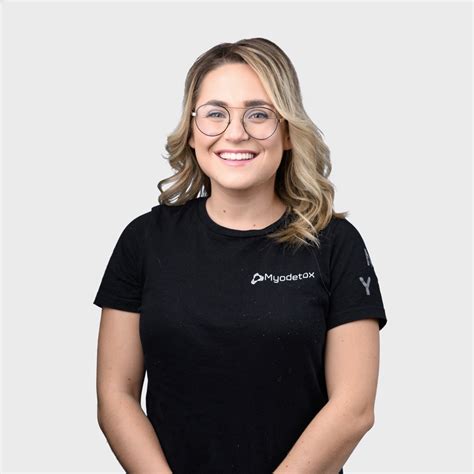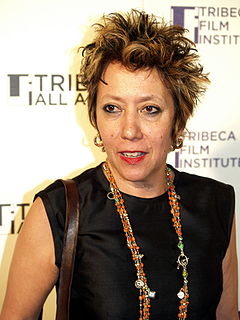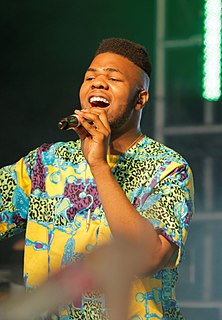A Quote by Colin Cowherd
To me, radio is about making you uncomfortable. Television is about making you comfortable: Who do you like? Who do you want to be friends with? So I don't need to tower over people in television.
Quote Topics
Related Quotes
I think maybe that as time goes by there will be more newness but because I was part of what it was before it's not like coming into a house and saying it's all about me. I don't feel like that. It really is all about McQueen and the things that he was trying to say and about moving that forward, making it relevant, making it desirable, making it into what people want to wear.
Television is making, there was in independent film renaissance late '80s through the mid-90's. It was an amazing time. Television is doing that right now. So that's why everybody wants to do it. I mean if you're writing stuff like, you know, Fargo, or True Detective, or any of these things that are on, Breaking Bad, there are no rules in television.
